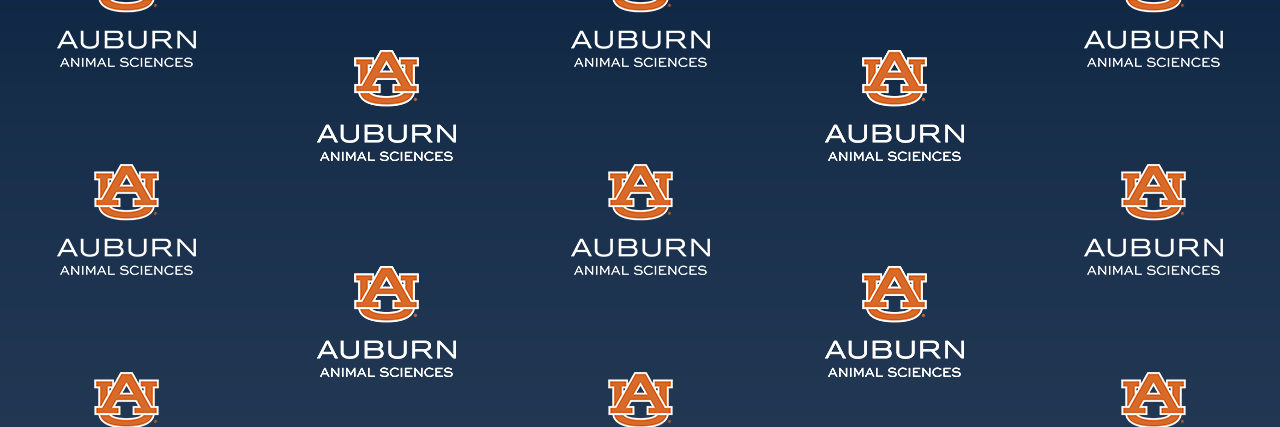

Marko Rudar
Assistant Professor (Nutrition)
Animal Sciences
(334) 844-1543
mzr0097@auburn.edu
Get In Touch
Address:
229 Upchurch Hall
Auburn Univ, AL 36849
Biography
EDUCATION
- Ph.D. in Swine Nutrition and Metabolism – University of Guelph, Guelph, ON, Canada (2016)
- B.Sc. in Animal Biology – University of Guelph, Guelph, ON, Canada (2009)
PROFESSIONAL SUMMARY
Dr. Marko Rudar is an Assistant Professor in the Department of Animal Sciences focusing on protein and amino acid nutrition and metabolism in swine. Dr. Rudar’s specific research interests include sulfur amino acid metabolism in newly weaned pigs, glycine metabolism in pigs fed low protein diets, and the molecular basis for lean growth potential in livestock animals. He teaches courses in animal nutrition and metabolism and is the faculty advisor for the Block & Bridle club. He is an active member in the American Society of Animal Science.
PROFESSIONAL EXPERIENCE
- Assistant Professor, Department of Animal Sciences, Auburn University, Auburn, AL (August 2020-present)
- Postdoctoral Associate, USDA/ARS Children’s Nutrition Research Center, Baylor College of Medicine, Houston, TX (July 201-June 2020)
- Graduate Research Assistant, Department of Animal Biosciences, University of Guelph, Guelph, ON, Canada (September 2010-June 2016)
PROFESSIONAL AFFILIATIONS
- American Society of Animal Science
- American Society for Nutrition
- American Society for Parenteral and Enteral Nutrition
HONORS & AWARDS
- American Society of Animal Science, Abstract President Oral Presentation Pick (2020)
- American Society for Nutrition, Postdoctoral Research Award Competition, finalist (2018)
Research
Weaning is a stressful event for piglets characterized by changes in diet, social dynamics, and environment. The abrupt switch in diet form and composition is a challenge for newly weaned pigs that do not yet have a fully mature gastrointestinal tract. Additionally, low and variable feed intake may alter the metabolism of dietary dispensable and indispensable amino acids. These together contribute to the post-weaning growth check typically observed in pigs.
Dr. Marko Rudar’s research program focuses on the interaction between weaning stress and amino acid metabolism in pigs. He is particularly interested in the sulfur amino acids methionine and cysteine. In addition to their use for muscle growth, methionine and cysteine have key roles in one-carbon metabolism and the production of glutathione, a major antioxidant, respectively that impact gut health. However, our understanding of these alternative uses for sulfur amino acids in weaned pigs and the effect on methionine and cysteine requirements is lacking. He is also investigating in endogenous production of dispensable amino acids, such as glycine, in weaned pigs fed low protein diets. Dr. Rudar’s research uses classical feeding and nutrient balance studies in addition to molecular, chromatographic, and metabolomic techniques.
Courses
RECENT COURSES TAUGHT
- ANSC 3410 — Animal Metabolism and Nutrition
